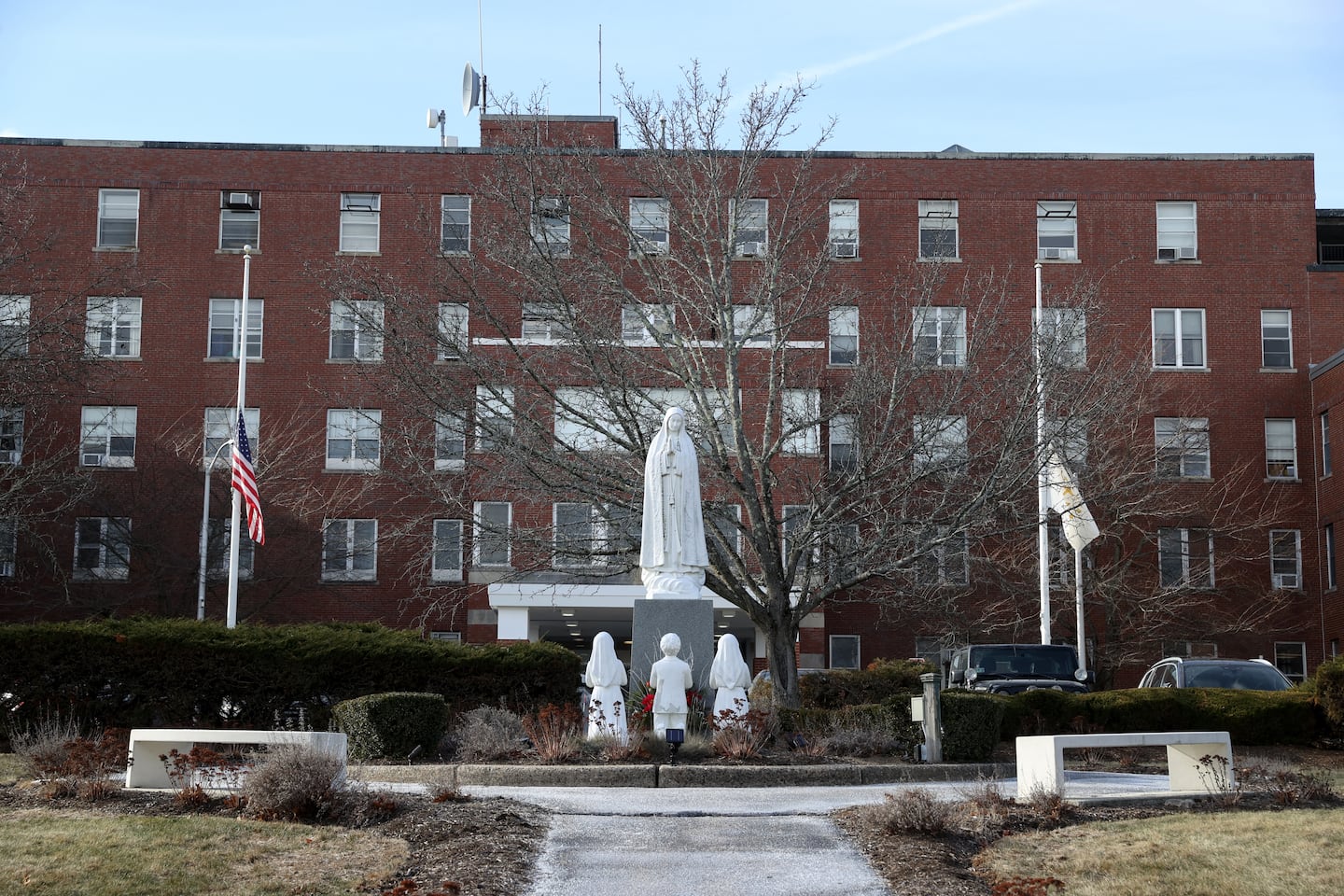Copyright The Boston Globe

The two hospitals — Our Lady of Fatima Hospital in North Providence and Roger Williams Medical Center in Providence — care for some of Rhode Island’s most-vulnerable patients, including many covered by public insurance. For more than a decade, they’ve been owned by the for-profit Prospect Medical Holdings, which filed for bankruptcy in January after years of operational and financial mismanagement. Centurion, a Georgia-based nonprofit, has been working for years to acquire both of the hospitals and convert them to nonprofit control. Centurion has never owned or operated hospitals before, and the deal has been mired in delays as Centurion struggles to secure $165 million in bond financing that they need to close the sale, which was supposed to have closed in May. On Thursday, Prospect filed a proposed plan for the two hospitals in bankruptcy court, indicating that the hospitals could close as soon as Dec. 31. Centurion’s lawyers fired back on Monday, accusing Prospect of acting in bad faith and trying to use the treat to of closure to gain leverage over Centurion and state officials. While Prospect has “characterized themselves as victims of circumstances, the record tells a different story,” wrote Centurion’s attorneys in court documents. “Centurion has remained unwavering in its commitment to preserving these vital healthcare facilities despite extraordinary challenges, many of which stem from the [Prospect’s] own actions and the deteriorating financing conditions they created through years of mismanagement.” An attorney for Prospect did not immediately respond to the Globe’s request for comment. Both hospitals are operating at a loss, according to Prospect. The company said the six-month delay in the sale has led to roughly $18.7 million in unanticipated losses, with another $11 million in losses expected by the year’s end. Centurion had already agreed to assume those debts after the sale closes, court records show. Attorney General Peter F. Neronha, who has long fought against Prospect to keep the hospitals open, loosened some of his own conditions on the sale in early October, including lowering the amount of cash reserves Centurion needed to have on hand at the time of closing. Regulatory approvals did not come easily, said Centurion in court, and the organization has “accepted unprecedented conditions to demonstrate its commitment to these hospitals and the communities they serve,” their attorneys wrote in Monday’s filings. The contrast between Centurion’s conduct and Prospect’s “could not be starker,” wrote Centurion’s lawyers. “The financial challenges facing these hospitals are not new; they are the direct result of years of underinvestment, misdirection of revenues, and mismanagement by Prospect. Prospect’s financial problems extend far beyond Rhode Island. The company, once controlled by private equity firm Leonard Green & Partners until 2021, owns hospitals across several states and owes millions in back rent to its landlord, Medical Properties Tryst, a national health care real estate investment trust. Regulators in several states, including in Rhode Island, have been putting pressure on the hospital owner for its troubled finances and deteriorating conditions at its facilities. Prospect’s liabilities exceeded its assets by more than $2 billion as of 2023. Prospect’s motion to close the two Rhode Island-based hospitals creates more problems for Centurion. This new uncertainty threats to “derails the bond financing essential to closing and places these hospitals in immediate jeopardy,” said Centurion in court, as bond markets are extraordinarily sensitive to uncertainty. If the bankruptcy judge in Texas allowed the hospitals to close, it could devastate healthcare access to vulnerable populations across Rhode Island and overload other facilities, according Centurion and other local hospital officials. Roger Williams has the state’s only bone marrow transplant program and Level IV Alcohol & Drug Detoxification Program. Fatima is the state’s second-largest behavioral health services facility. The two hospitals see more than 50,000 emergency room visits per year, and provide approximately 25 percent of the state’s behavioral health beds while performing other emergency surgeries daily. “The vital serves provided by [these] hospitals are not quickly or easily replaced or moved,” wrote Neronha in his own motion in opposition of the closure, which was also filed on Monday. Prospect owes millions in back taxes to the state and municipalities and in unpaid bills to vendors, according to claims filed in court. Prospect’s liabilities have exceeded its assets by more than $2 billion as of 2023, which put operations at risk. “The hospitals have been losing money for years under the [Prospect’s] ownership, and they cannot now claim surprise at continued losses or use those losses as justification for abandoning the sale,” said Centurion in court.



